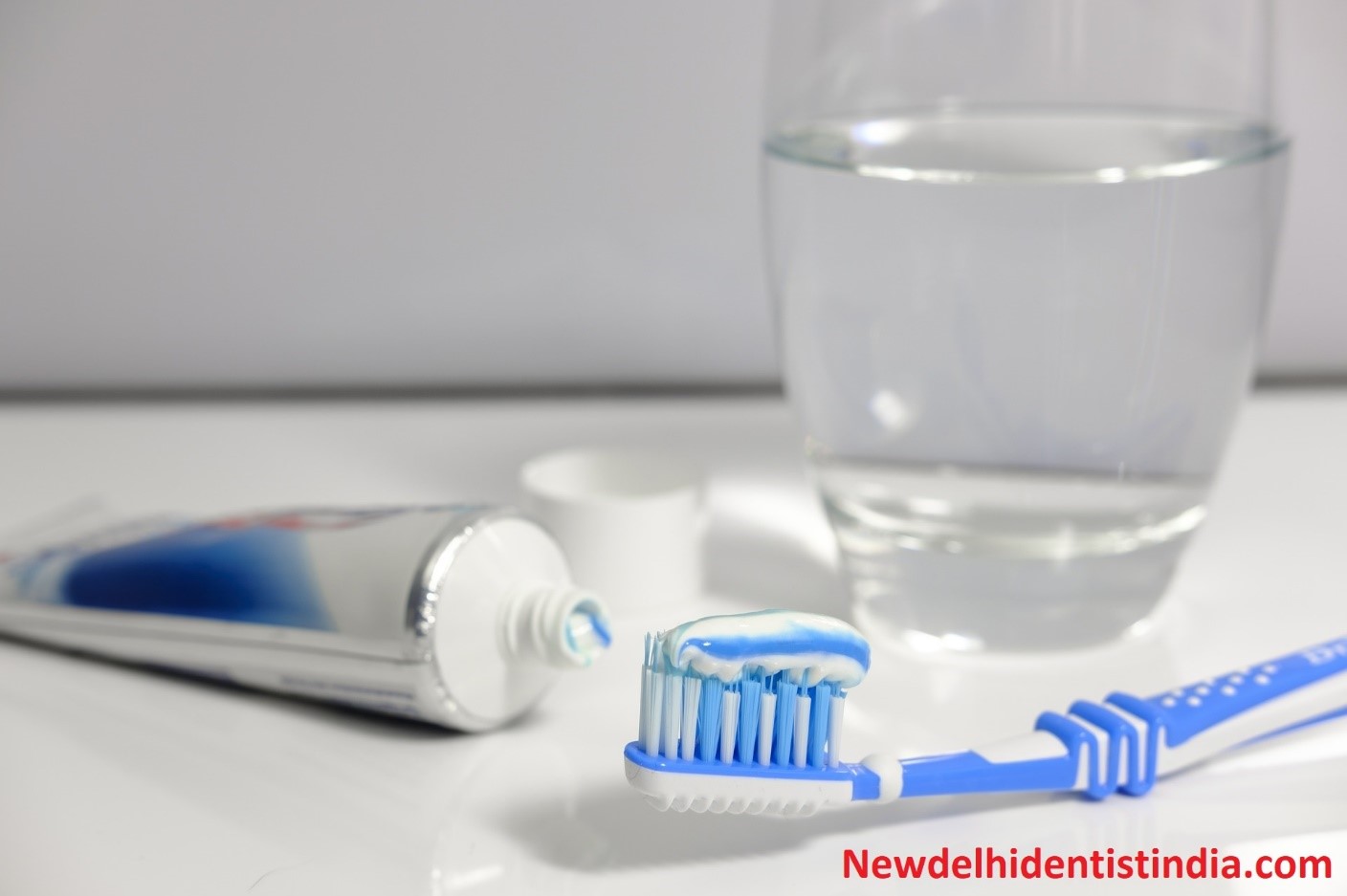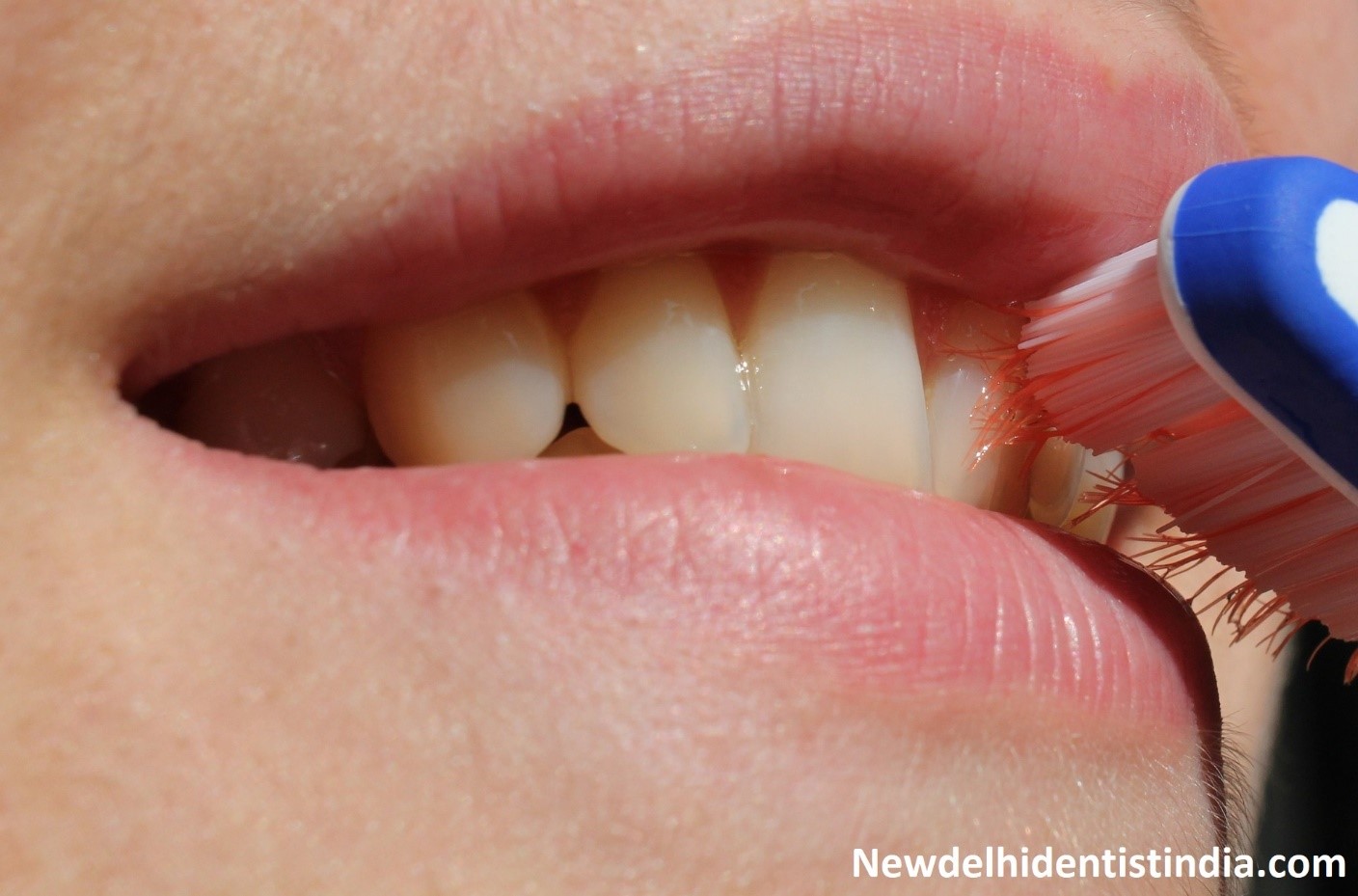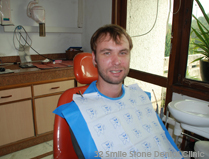3 Consequences Of Not Brushing Properly

Brushing your teeth at least twice a day should be an integral part of your day and should not be missed from your daily routine. Your smile is the first thing that people notice which has a significant impact on both your social and professional life. This is one of the reasons why you have to take good care of you oral health. Consult our experienced dentists for a complete teeth cleaning treatment at best teeth cleaning cost.

3 Problems that occur due to poor brushing habits
Gum Disease - Plaque that is not removed will eventually cause the gums to separate and recede from the teeth. Once your gums begin to recede, pockets form between the teeth and gums. Germs can get trapped inside these pockets, attacking the gums and bone supporting the teeth. Plaque will eventually harden into tartar (calculus). At this point, Gingivitis has progressed into the more serious condition called Periodontitis. This can cause tooth loss and may affect your overall health.
It is important to see your dentist at the first sign of bleeding gums. She will evaluate your condition and prescribe the best treatment required. It may be necessary to go for teeth cleaning and polishing. For consultation on teeth polishing cost contact our dental clinic in New Delhi.
Teeth Cavities - Tooth decay is the destruction of tooth structure which affects both the enamel and the dentin. It happens when foods containing carbohydrates (sugars and starches) such as breads, cereals, milk, soda, fruits, cakes, or candy are left on the teeth. Bacteria that live in the mouth digest these foods turning them into acids. This eventually forms plaque which clings to the teeth. The acids in plaque dissolve the enamel surface of the teeth, creating holes called cavities or caries. At this stage it is important to get the cavities filled. For dental filling cost contact our dental clinic who will guide you on the next steps and book an appointment.
Bad Breath (halitosis) - When you don’t brush your teeth regularly, bacteria builds up in the mouth which can cause a variety of problems including bad breath. To prevent plaque and tartar build-up, always brush your teeth twice a day, floss and visit your dentist every six months.
Below are some common oral hygiene aids for home care:
Dental Floss: this is the most common interdental and subgingival (below the gum) cleaner and comes in a variety of types and flavours. The floss itself is made from either thin nylon filaments or polyethylene ribbons, and can help remove food particles and plaque from between the teeth and under the gums. Incorrect flossing with a floss holder can cause soft tissue damage and bleeding, so proper technique should be utilized when flossing.
Interdental Cleaners: these are dental brushes which come in various shapes and sizes and used in addition to dental floss. These tiny brushes are gentle on the gums and can be effective in cleaning the contours of teeth around the gums.
Mouth Rinses: there are two basic types of mouth rinse available: Cosmetic rinses which are sold over the counter and temporarily suppress bad breath, and therapeutic rinses which mostly require a prescription. Mouth rinses should be used after brushing.
Oral Irrigators: oral irrigators like Water Jets and Waterpiks have been created to clean debris from between the teeth. If an oral irrigator is part of your home care regimen, ask our staff for recommendations.
Tongue Cleaners: these are special devices which have been designed to remove the build-up of bacteria, fungi and food debris from the tongue surface. The fungi and bacteria that colonize on the tongue have been related to halitosis (bad breath) and a great many systemic diseases like diabetes, heart disease and respiratory disease. Tongue cleaners can be made from metal/wood/plastic and shaped in accordance with the contours of the tongue. Tongue cleaning should be done prior to brushing to prevent the ingestion of fungi and bacteria.
Toothbrushes: there are a great many toothbrush types available. As long as a patient's cleaning technique is effective, either manual or electric toothbrushes can be utilized. Manual toothbrushes should be replaced every three months because worn bristles become ineffective overtime. Soft to medium bristle toothbrushes are recommended because they decrease the possibility of damage to the tooth and gum. In addition, an appropriate sized ADA approved toothbrush should be chosen to allow proper cleaning to all the teeth. Teeth should ideally be brushed after each meal or minimally twice each day.
Testimonials

Dr. Gupta was very good. The professional teeth cleaning has fulfilled all my expectations.....
I came to Dr. Shivani Gupta with a great deal of pain and worry. But she took great care of me and provided top class service.....




